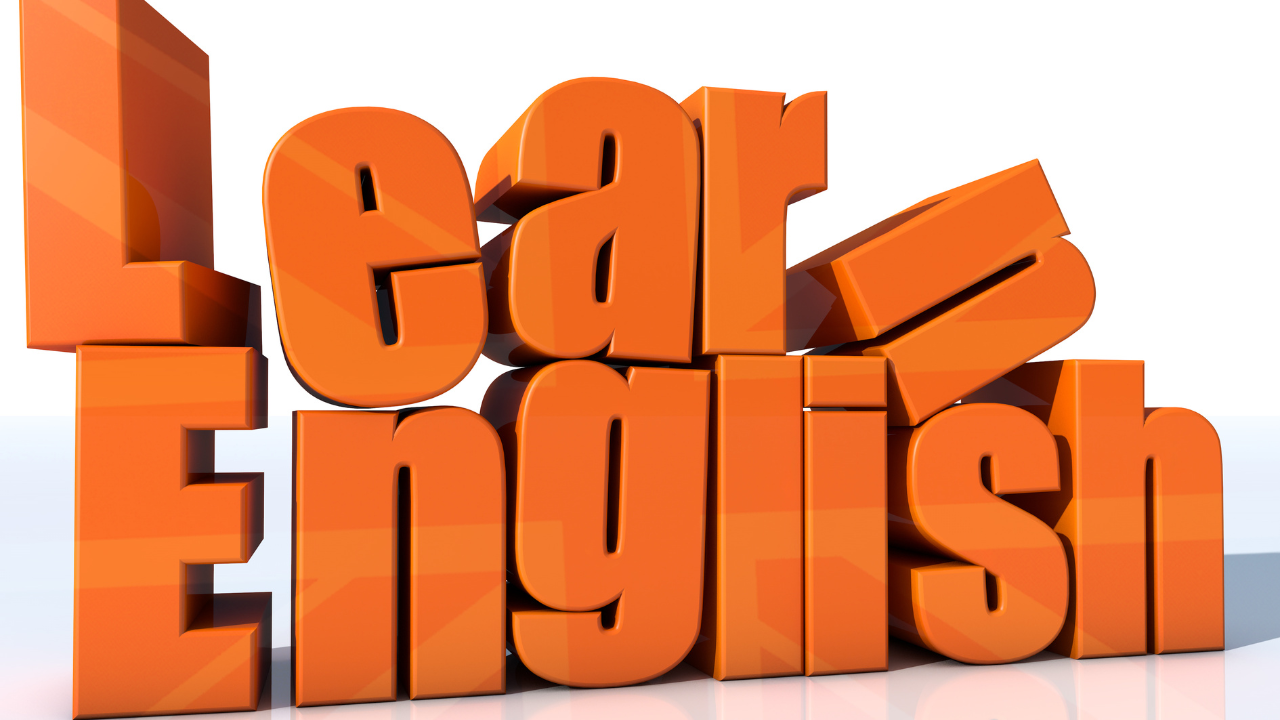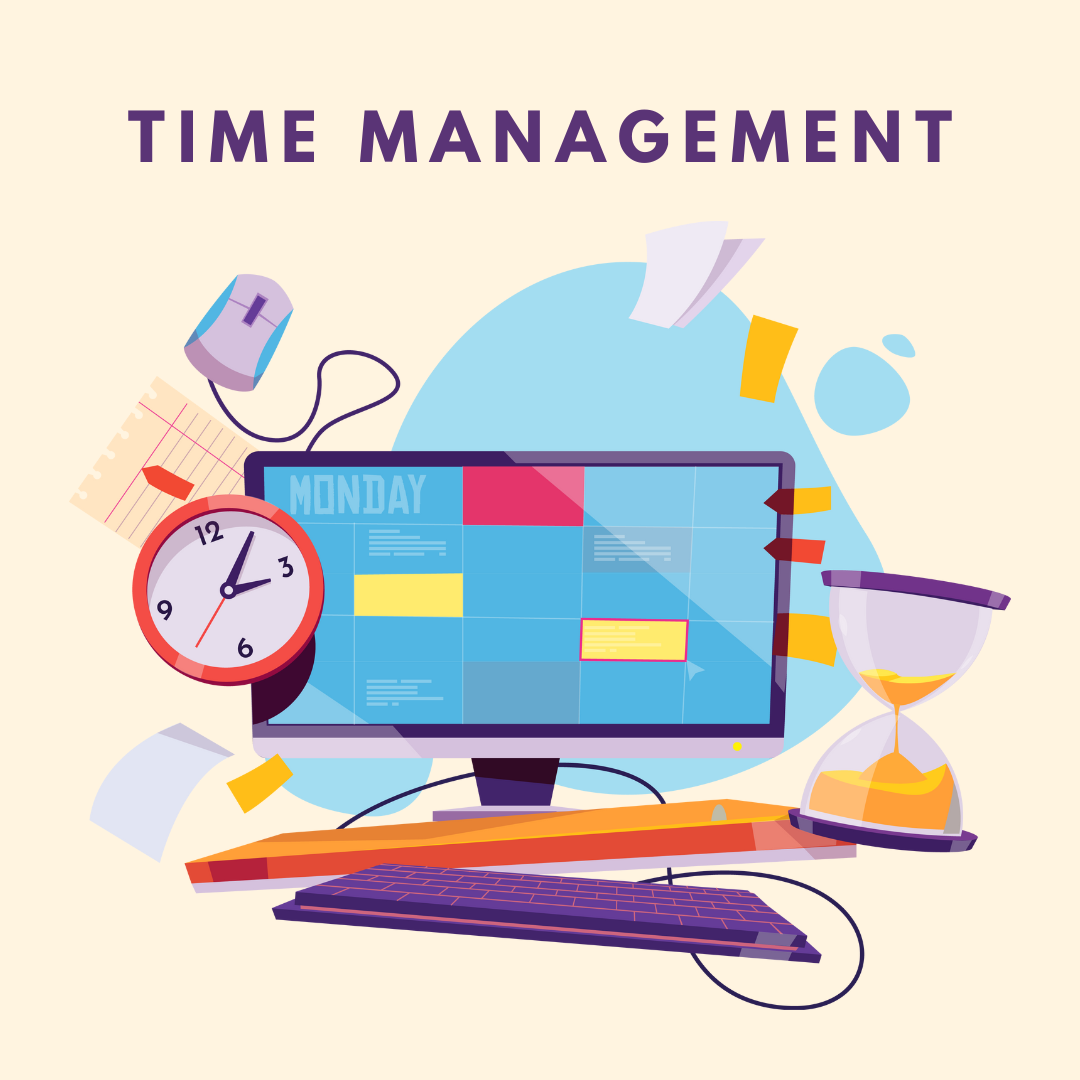The job search process includes two essential components, such as resume building and interview preparation. Learning both can significantly improve your chances of getting an ideal job. A well-developed resume can make a powerful impression on prospective employers and is usually the first step in resume building. The key is constructing a resume that showcases your skills, accomplishments, and relevant experience.
Next is interview preparation, which is important after you have made your CV presentable. It will help you confidently answer questions and demonstrate why you are the ideal candidate for the job. Combining these two aspects effectively can lead to success in this competitive market and reaching career goals.
In this article, we will dive into the best resume-building and interview preparation tips to prepare effectively for your job interview.
THE FOUNDATION: RESUME BUILDING
Your resume is often the first impression a potential employer has of you, so it’s essential to make it count. A well-crafted resume can open doors to interviews, while a poorly made one may close them! Here’s how to create a resume that catches the eye of hiring managers.
1. Personalize Your CV Based on the Job You’re Applying For
The average recruiter reads around 500 resumes per week, making the most effective CV short yet straightforward. Unfortunately, most applicants often end up narrating the whole of their work experience.
Customize each resume for every job applied to, keeping it under one page. It is important to only include relevant skills or experiences that point back to the job description.
Review job postings to identify keywords and requirements for applicants. Recruiters scan resumes using software that looks for specific words. Therefore, using these same words about yourself would be a good idea.
For first-time resume writing post-grad without experience, personalize by integrating job description keywords into education and soft skills.
Make sure to mention Microsoft Excel on your resume if it's a required skill. Be honest and include related experiences, even outside your current job scope.
When describing experiences and qualifications, avoid vague phrases like "exceptional leadership skills." Provide specific examples instead to demonstrate abilities effectively.
Provide performance metrics, such as “increased regional sales by 15%,” along with details on how it was achieved and its positive impact on the company to highlight the real impact of your work and why a potential employer should be interested.
Overall, you should make mention of the most relatable aspects of your work experience and focus on the job tasks that correspond to what the employer is looking for.
2.Resume Formatting and Style Tips
Moreover, it is imperative to take into account the order and structure of your resume. Most recruiters usually read a resume in about six seconds, focusing mainly on headers.
Keeping your resume length to one page is important, and placing the most relevant information near the top in each listed job and/or skill will suffice. It should be brief yet incorporate keywords from the job post as they relate to your experience.
For instance, the classic reverse chronological resume captures attention towards your most recent employment. Alternatively, you may want to consider a functional or combination resume format, for example:
The functional resume employs category headings on skills like “risk management abilities” rather than job titles as primary headings.
On the other hand, a combination resume represents an amalgamation of reverse chronological format and functional format that emphasizes essential skills, credentials, and education while at the same time including your most pertinent work experiences.
Last but not least, always remember some fundamental rules for writing well. Be active while talking about your skills and experience; make it brief and easy to read. In most cases, your CV may have a lot of past tenses, but job titles and duties that are ongoing should be written in the present tense.
The commonest pronoun for resumes is the third person (she/he/it/they). But first-person resumes (I/we) are becoming more popular, according to The Wall Street Journal. However, applicants may be advised by some HR experts not to use any pronoun (for instance, instead of “I am looking for a finance career,” you would write “Seeking to pursue a career in finance”).
Regardless of the adopted style, ensure that from start to finish it aids easy reading and presents your professionalism in the right light.
INTERVIEW PREPARATION
Analyze the company
The first thing you need to do is take time and research about this particular company. Visit the firm’s site and try to gather any information regarding them that you may find helpful before the maiden interview. The interviewer expects candidates who are well-informed about the organization they want to work for.
But then again, you shouldn’t rely solely on the firm’s site for your research. Search them online—read articles regarding their work or written by them; watch YouTube videos discussing them that are posted by other parties or those put up by the organization leaders themselves. Also, check out their social media pages for clues about what message they intend to send us. What do they post? What do they tweet? Can any of these endeavors interest you?
When doing your pre-interview homework about the company, make sure you well align your answers with what employers require from their workers and ask relevant questions during your interview process stages.
Make answers for interview-related questions that derive their basis from resumes.
First off, familiarize yourself with your resume like you’re back in college. Make sure you know everything about them, including job titles, dates, and descriptions of tasks carried out. If misunderstood during the interview process, this might lead to misleading interpretations.
Also, note that there is a trick where one can view his/her CV from the employer’s angle. Typically, employers will follow up on resumes during interviews, or they utilize them as those for their discussions.
What would be some of your queries? Are there awkward gaps in it? By foreseeing such inquiries, it is possible to come up with appropriate responses.
It becomes easy to give an appropriate answer to an interview question if time is not limited and pressure is lessened on one’s side. When the questions are anticipated before time, it allows you to leave without wishing you had said something else. This is a major step in preparing for job interviews.
Analyze the Job and Match Your Skills
Jobs require certain skills, attributes, and experiences, which it is paramount to identify by going through the job posting advertisements. Make a list of these qualities with particular reference to the keywords in the texts being analyzed.
Consider examining your strengths using the resume against what the employer wants. Consider specific instances in which you have showcased them before or situations in which you might have been there alone doing them, thereby bringing tracking clarity to their impact on your career journey so far. Remembering the STAR format will also be vital in relating such instances during interview preparation.
You will be asked by the interviewer to provide examples of some of these qualities that you possess, and thus this preparation technique on how to come up with a customized interview question based on a resume will assist you in answering interviews for particular jobs.
Practice the job interview using your resume.
The main thing you want to avoid is being caught out and having to rack your brains for job interview answers. Review typical job interview questions and spend time practicing answering them. Follow our top job interview tips to make sure you are fully prepared.
Think about how to answer job interview questions about your resume and focus on your strengths. It is important to practice speaking your answers too. This will help you to give more concise answers in the actual interview, and it will give you confidence.
Ask someone you know to give you a mock job interview using your resume and the list of questions you have prepared. If it is a phone interview, do it over the phone, or if it is a video interview, do it via Zoom or Google Hangouts to practice.
In Conclusion
The processes of developing a strong resume and preparing for an interview are essential during the job search. Your CV acts as an introduction when seeking the attention of potential employers, so it should be interesting, precise, and customized for every job position. On the other hand, once you have obtained an interview, comprehensively getting ready can assist in portraying a confident and efficient image.
In this guide, you are going to come up with the best resume-building and job interview preparation tips. Just keep in mind that if your focus is on making a brilliant CV or practicing for interviews, what you do now will pay off when you finally get the position you have been yearning for.















Leave a comment